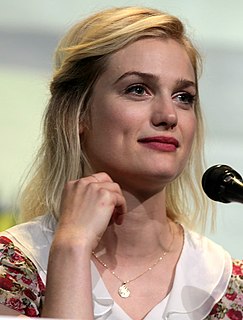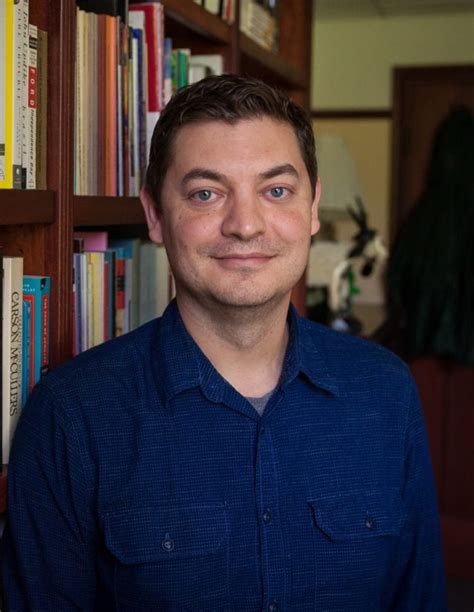A Quote by John C. Hawkes
When I started writing fiction, I knew how good it was immediately.
Quote Topics
Related Quotes
I've grown up with a piano in the house, and that's where I started to be able to learn things by ear. Guitar kind of happened, and I was using it just for writing at first. Then, I was writing so much that I began to realise that I knew how to play, and that's when I started getting nerdy about it.
I started seriously applying myself to writing fiction immediately after I finished graduate school. By 'seriously,' I mean that, instead of noodling along on a story, finishing it or not as the mood struck me, I set out to complete what I started, to polish it to the best of my ability, and to send out the finished story.
Memory is like fiction; or else it's fiction that's like memory. This really came home to me once I started writing fiction, that memory seemd a kind of fiction, or vice versa. Either way, no matter how hard you try to put everything neatly into shape, the context wanders this way and that, until finally the context isn't even there anymore... Warm with life, hopeless unstable.
I was trained mainly as a short story writer and that's how I started writing, but I've also become very interested in non-fiction, just because I got a couple of magazine jobs when I was really poor and needed the money and it turned out that non-fiction was much more interesting than I thought it was.
Good writing is good writing. In many ways, it’s the audience and their expectations that define a genre. A reader of literary fiction expects the writing to illuminate the human condition, some aspect of our world and our role in it. A reader of genre fiction likes that, too, as long as it doesn’t get in the way of the story.
It had also been my belief since I started writing fiction that science fiction is never really about the future. When science fiction is old, you can only read it as being pretty much about the moment in which it was written. But it seemed to me that the toolkit that science fiction had given me when I started working had become the toolkit of a kind of literary naturalism that could be applied to an inherently incredible present.
Comedy is like fictional charm. It's the charm of fiction. Or the charisma of fiction. When you meet somebody who's immediately charismatic, you're attracted to that person. And in fiction it's got to come out in either one of two ways: in the prose itself, and you're hooked immediately because you never want to leave such a colorful and penetrating world. Or, it's simply being a funny writer.
The process of writing fiction is totally unconscious. It comes from what you are learning, as you live, from within. For me, all writing is a process of discovery. We are looking for the meaning of life. No matter where you are, there are conflicts and dramas everywhere. It is the process of what it means to be a human being; how you react and are reacted upon, these inward and outer pressures. If you are writing with a direct cause in mind, you are writing propaganda. It's fatal for a fiction writer.




































